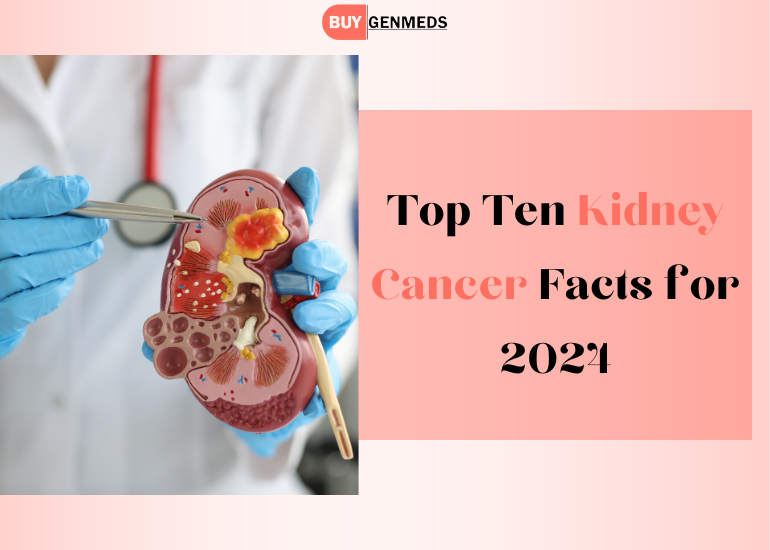Lung cancer is a severe and often life-threatening disease. Obtaining comprehensive information from your doctor is essential to understanding its causes, treatment options, and prognosis. When discussing lung cancer with a healthcare provider, being prepared with questions can lead to a better understanding of your diagnosis and assist you in making informed health decisions. Below, we outline key areas to explore during your consultation.
Understanding Lung Cancer
Important Questions to Discuss with Your Doctor
What Type and Stage of Lung Cancer Has Been Diagnosed?
Knowing the exact type of lung cancer is critical in guiding treatment options. Lung cancer is staged from I to IV, with stage I indicating a localized form and stage IV signifying advanced metastasis. The type and stage are central in determining suitable treatments, which may include surgery, chemotherapy, radiation, or targeted therapies.
What Factors Could Have Contributed to My Lung Cancer?
While smoking is a leading risk factor, other causes include secondhand smoke, environmental exposure to radon or asbestos, and genetic predispositions. Discussing potential causes with your doctor can also be valuable for assessing risk factors that may affect family members.
What Treatment Options Are Available?
Treatment approaches differ depending on lung cancer type and stage. Available treatments may involve:
Chemotherapy: medication to target cancerous cells throughout the body.
Targeted Therapy: Drugs aimed at specific genetic mutations in cancer cells.
It’s vital to discuss each treatment’s goals, possible side effects, and how they might impact daily life. Sometimes, combining treatments may be the best course of action.
What Side Effects Are Expected from Each Treatment?
Each treatment comes with potential side effects. For example, chemotherapy and radiation can result in fatigue, nausea, hair loss, and a weakened immune system. Knowing these effects ahead of time allows you to prepare and better manage them, and your doctor can suggest ways to minimize these symptoms.
Are New Treatments or Clinical Trials Available?
Discussing eligibility for any trials, along with understanding the trial’s details, potential benefits, and associated risks, may present additional options. Emerging treatments, such as targeted therapies and immunotherapies, are often accessible through clinical trials for certain lung cancer types.
What Is the Objective of My Treatment?
Treatment objectives vary based on the cancer’s stage and spread. Some aim for a cure, while others seek to slow disease progression or alleviate symptoms. Aligning your treatment goals with your personal values allows you to make informed and satisfactory decisions.
Lung Cancer Diagnosis and Staging Process
Diagnosing lung cancer typically involves imaging (such as X-rays, CT scans, and PET scans), biopsies, and blood tests to determine the cancer’s stage and spread. Staging is essential, as it informs treatment plans and provides insight into prognosis. Your doctor will clarify the significance of each stage and outline the most effective treatments accordingly.
Comprehensive Overview of Treatment Options
Surgery
Surgery is generally most effective for early-stage, non-small-cell lung cancer. Options include:
Lobectomy: Removal of a lung lobe.
Pneumonectomy: Removal of an entire lung.
Segmentectomy or Wedge Resection: Removing a small section of the lung if cancer is localized.
Recovery and risks differ based on surgery type, so it’s crucial to review both benefits and potential risks with your doctor.
Radiation Therapy
Often combined with surgery or chemotherapy for stages I–III, radiation therapy can shrink tumors, relieve symptoms, or be used as a palliative measure.
Chemotherapy
Chemotherapy targets fast-growing cancer cells and is commonly administered in cycles to allow recovery between treatments. Side effects may include fatigue, nausea, hair loss, and a lowered immune response.
Targeted Therapy
This approach is focused on genetic mutations in cancer cells (e.g., EGFR or ALK mutations), making treatment more precise. Targeted therapies are most effective for patients with specific genetic markers.
Immunotherapy
Immunotherapy enhances the immune system’s ability to detect and destroy cancer cells and shows promise in treating certain lung cancer types, especially where other treatments have been ineffective. Checkpoint inhibitors, a common type of immunotherapy drug, prevent cancer cells from evading immune detection.
The Significance of Clinical Trials
Clinical trials are vital for progressing lung cancer treatments by testing innovative drugs, therapies, and treatment methods. Joining a clinical trial might offer access to cutting-edge treatments, though it’s important to be aware of associated risks. Consulting your doctor about relevant trials can help you understand the differences between trial and standard care treatments.
Lung cancer diagnosis and treatment can heavily affect mental health. Patients often experience fear, anxiety, depression, and uncertainty. Addressing these emotional challenges is vital for quality of life. Ask your doctor about support options, including counseling, support groups for lung cancer patients, and referrals to mental health professionals who specialize in cancer care.
Building a Support System: Friends, Family, and Caregivers
A strong support system is invaluable in managing both emotional and practical aspects of lung cancer treatment. Whether through family, friends, or support groups, feeling supported can ease the treatment journey. Additionally, ask your doctor about caregiver resources, as they may also need assistance to provide effective support.
Prognosis and Life Expectancy
The prognosis for lung cancer depends on cancer type, stage, and personal health factors. Early detection generally correlates with better outcomes, while advanced stages may result in a more guarded prognosis. Although your doctor can provide statistical data, every case is unique, and survival rates may not capture individual experiences.
Conclusion
Lung cancer is a complex and challenging illness, but educating yourself about the disease and working closely with your healthcare team can empower you to navigate it with confidence. Active participation in your care, coupled with open communication and a solid support network, can improve quality of life and the overall treatment experience.





